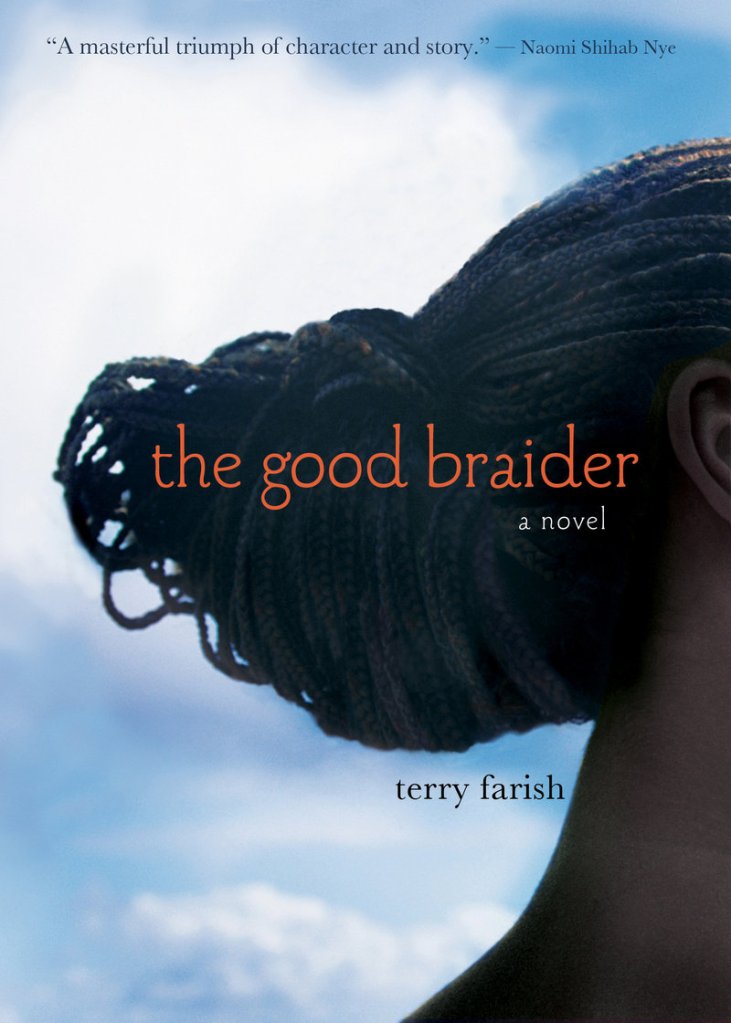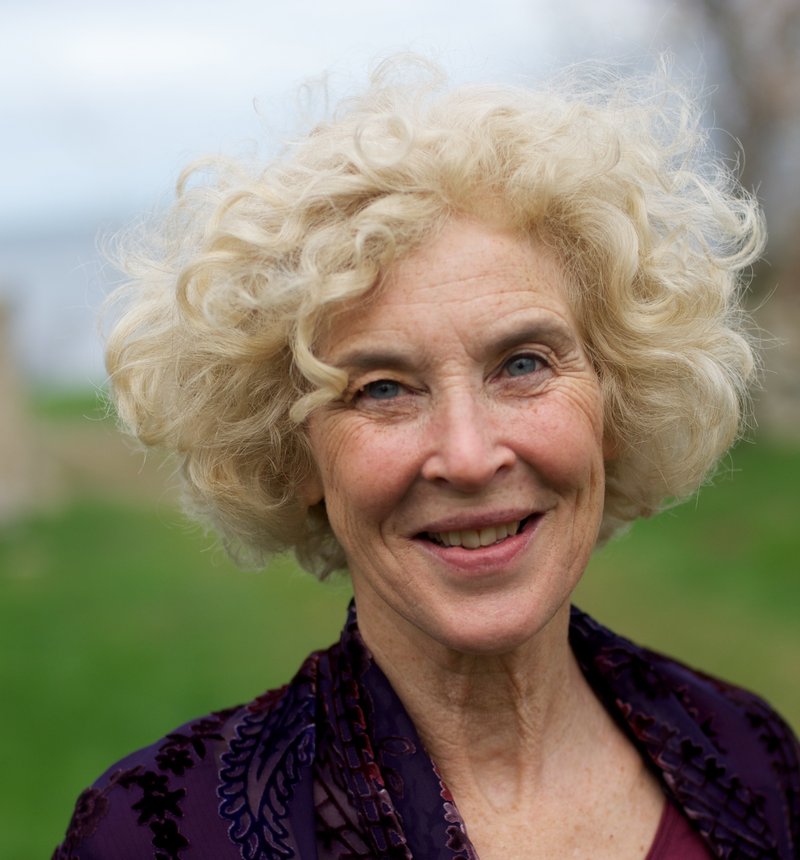Terry Farish worked in Portland and became friends with several members of the South Sudanese community while doing research for what became “The Good Braider,” to be published May 1 (Marshall Cavendish Children’s Books, 224 pages, $17.99).
The book tells the story of Viola, from Juba in South Sudan, who escapes the civil war between the Christian south and Islamic north. Her journey from Juba leads to Portland, where she finds a home in Kennedy Park, attends Portland High School and works at Barber Foods, braiding a life from Sudanese and American threads.
The book is written in free-verse form and is targeted to ages 14 and up, but would be a good read for any adult.
Farish lives in Portsmouth, N.H., and works as an educator with the New Hampshire Humanities Council. More information about her latest book and earlier works is available at terryfarish.com and goodbraider.com.
Q: You worked at both the Reiche Library and The Salt Institute. What did you do there?
A: At Reiche, I was branch manager in the heyday of the branch libraries. It was right in the school. I was there three years, and we worked closely with the children at Reiche. The school had a library too, and we had a good association with them. A lot of classes would come up to the school, and we told stories and did a lot of good things and got to know the students.
Q: And at Salt?
A: I started teaching nonfiction writing at Salt. I had taught before, at Rivier College in Nashua and at UMass Lowell, but I was really interested in the immersion program at Salt Institute, focusing on writing, photography or video.
Q: What are you doing now?
A: I am now at the New Hampshire Humanities Council, working with refugees and immigrants, developing their language skills so they can make their homes in America and be able to find jobs. It isn’t one group; we have people from China, Cambodia, Latin America. One group that predominates are Nepali refugees from Bhutan, the Nepali-speaking Bhutanese community.
Q: How did you research “The Good Braider” and find out so much about the South Sudanese community?
A: I researched it like a documentary project, becoming part of a family that was very gracious and welcoming. I met a Sudanese student, a boy, who asked me to come to his home and experience African food, and the family welcomed me in. By this time, I knew I was writing about the South Sudanese community and the conflict, but I thought it was nonfiction. I just hung out with them; they invited me to stay over with them. I was living in Portsmouth and working in Portland, and they’d say, “Don’t drive home, just stay over.”
I became welcomed into the daily lives of the community of South Sudanese, doing things like watching TV on the satellite dish. The war was still going on then, and I would be with them as they experienced this news coverage. I was with teenage girls a lot when they were braiding. This was a very important time for them, a way to socialize, and it came to me as a metaphor of how I could write this story.
Q: The full title of the publisher is Marshall Cavendish Children’s Books, but this is not a children’s book, is it?
A: I totally agree. The Marshall Cavendish Children’s Book imprint publishes a lot of a young-adult novels. They are marketing it as 14-plus, but I think it will cross into adults.
Q: A novel in free verse is not unique, but it is certainly unusual. Why did you do that?
A: I had never written a novel in free verse before, although I had written novels. I was beginning to move away from the nonfiction story I was writing, and I began to listen to the rhythms of the oral history, and it was very spare, and it dawned on me to tell the story in a spare way. That way, the emotions are in the mind of the reader. I began to work with very spare lines and line breaks, and that helped me write the story, to put the emotion in between the lines and to let the drama be understated.
Q: Would you say this is an assimilation novel with a local twist?
A: I was trying to understand this process of making first steps into a completely foreign culture, trying to bring some success to the journey and giving success to a person who can be part one culture and part of another culture and create something brand new, being a little Sudanese and a little American and more powerful than being one or the other.
In the last section of the book she recognizes that, and realizes she has the ability to face what all her experiences have cost her.
Q: Andrew (a Portland High School student, fisherman and friend to Viola) is an interesting counterpoint to Viola: Yes, Viola has had a tough life in many ways, but you get glimpses that he has problems too.
A: When I created Andrew — my daughter’s boyfriend is a fisherman, and I’ve known a number of them — I needed to have him vulnerable in his own way, so he has room for understanding someone else who has had great loss, both being able to understand their vulnerability and give them their link to each other.
Q: South Sudan is now a separate country. Are things better now for the local South Sudanese community?
A: Things have changed very much for many of the people I knew when I was researching this, in 2001 through 2003. Many have gone back to South Sudan and are working there; some travel back and forth. There is a lot of connectivity to what is happening in South Sudan.
There is a lot of homesickness; home is home. But things are still very problematic there. A lot of people who are helping out there are the people who came to America and went to school and learned the skills they need to succeed.
Q: Are you working on anything new?
A: I have a novel that I I have drafted, another one of those young adult novels that does not really come under any category. This is about an Afghan war vet.
Tom Atwell is a freelance writer living in Cape Elizabeth. He can be contacted at 767-2297 or at:
tomatwell@me.com
Send questions/comments to the editors.




Success. Please wait for the page to reload. If the page does not reload within 5 seconds, please refresh the page.
Enter your email and password to access comments.
Hi, to comment on stories you must . This profile is in addition to your subscription and website login.
Already have a commenting profile? .
Invalid username/password.
Please check your email to confirm and complete your registration.
Only subscribers are eligible to post comments. Please subscribe or login first for digital access. Here’s why.
Use the form below to reset your password. When you've submitted your account email, we will send an email with a reset code.